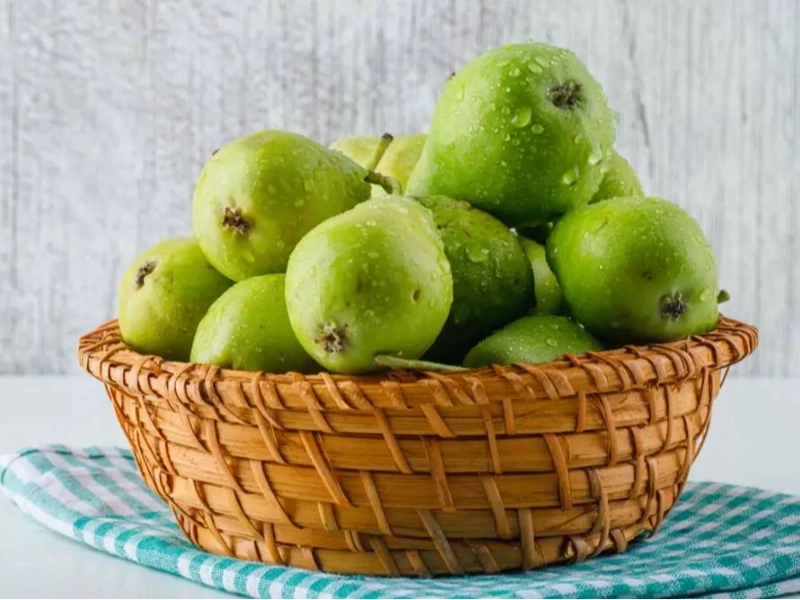Advertisement
Not only are pears great and luscious fruits, but they also greatly help to maintain digestive health. Packed in vitamins, antioxidants, and fibre, pears are quite good for the gastrointestinal system. This post will look at the several ways pears aid in digestion and the reasons you should make pears a mainstay of your diet.
1. The Nutritional Profile of Pears

Advertisement
One of a nutritious fruit with many health advantages are pears. Though they are high in important nutrients, they have few calories and fat. For individuals trying to keep a good weight, a medium-sized pear is a great choice as usually it has about 100 calories. Additionally an excellent source of dietary fibre, vitamin C, vitamin K, and potassium are pears.
Especially remarkable is pears' high fibre count. About 20% of the necessary daily requirement for people is found in the 5 to 6 grammes of fibre found in a single medium pear. Because it controls bowel motions and helps avoid constipation, fibre is absolutely vital for digestive health. Pears also include soluble and insoluble fibre, which have various purposes in digestion.
Dissolving soluble fibre in water creates a gel-like consistency that may aid in slow digestion and enhanced nutritional absorption. Additionally helping to stabilise blood sugar and reduce cholesterol are this kinds of fibres. Conversely, insoluble fibre encourages consistent bowel motions and gives the stool volume. This mix makes pears a great choice for preserving a good digestive system.
Pears also abound in antioxidants, especially phenolic acids and flavonoids, which fight oxidative stress and bodily inflammation. These substances might also help to defend the gut lining, thereby promoting general digestive wellness. Pears are not only delicious but also a wise addition to any diet emphasising intestinal health given their outstanding nutritional profile.
